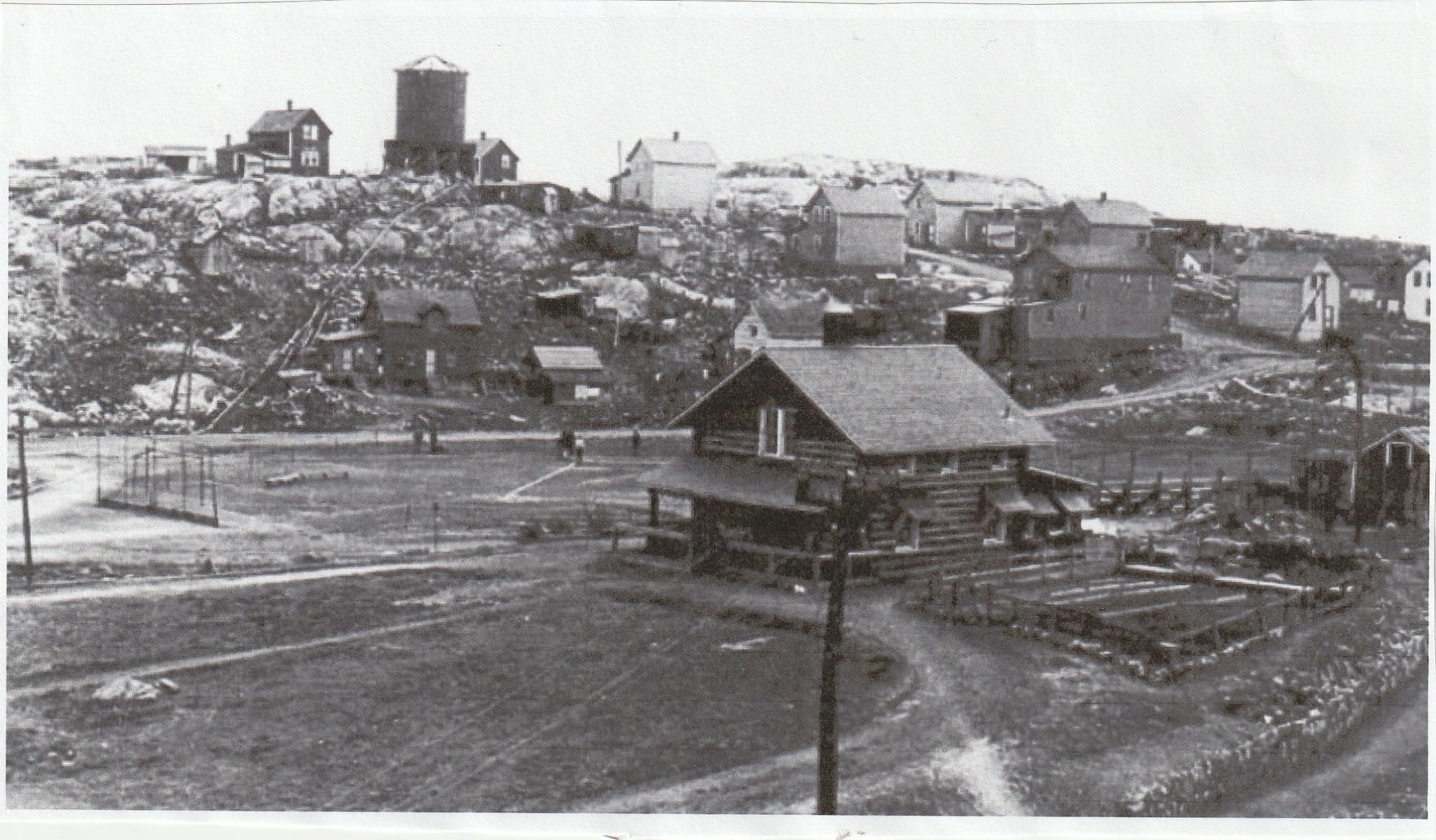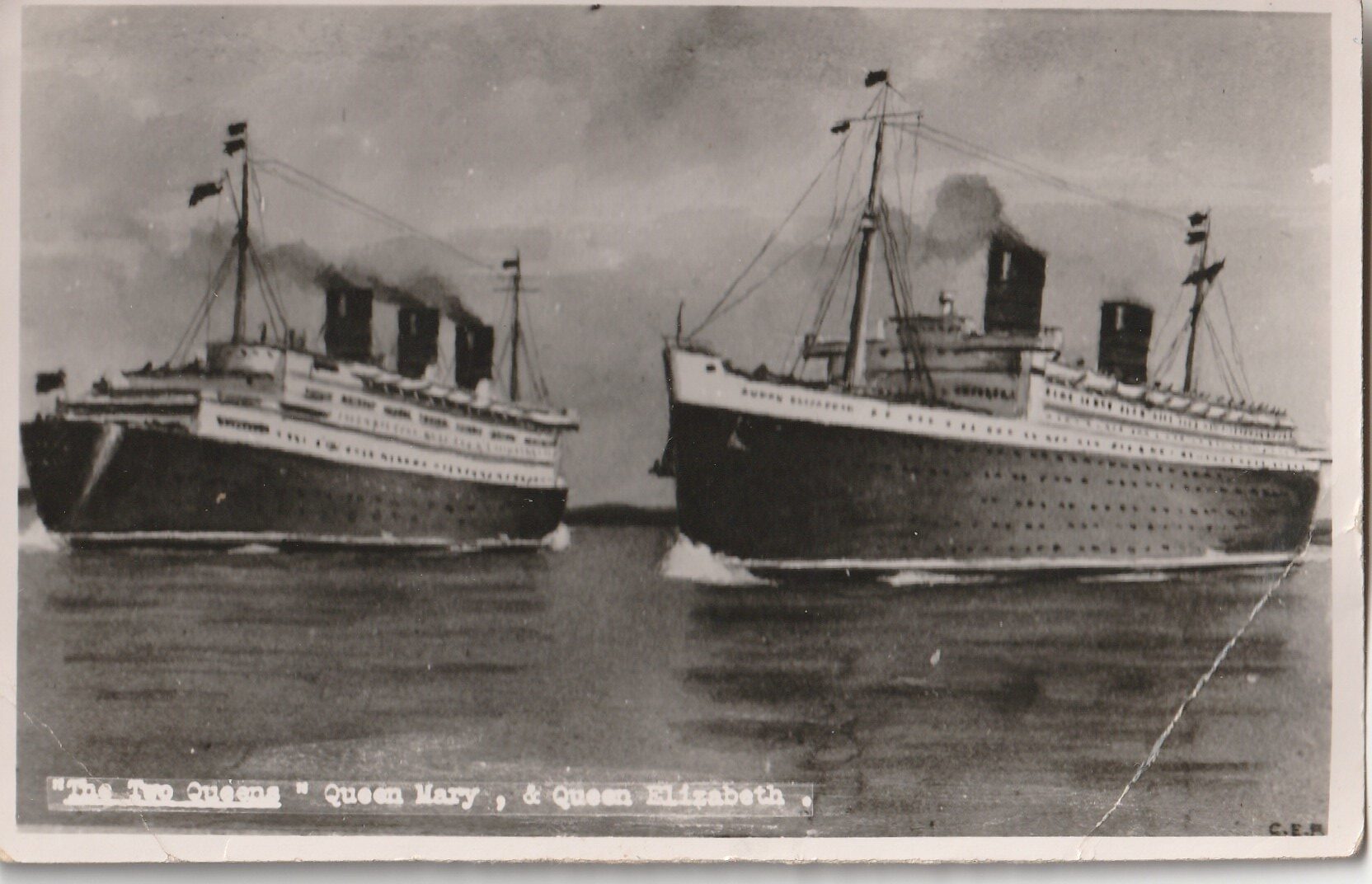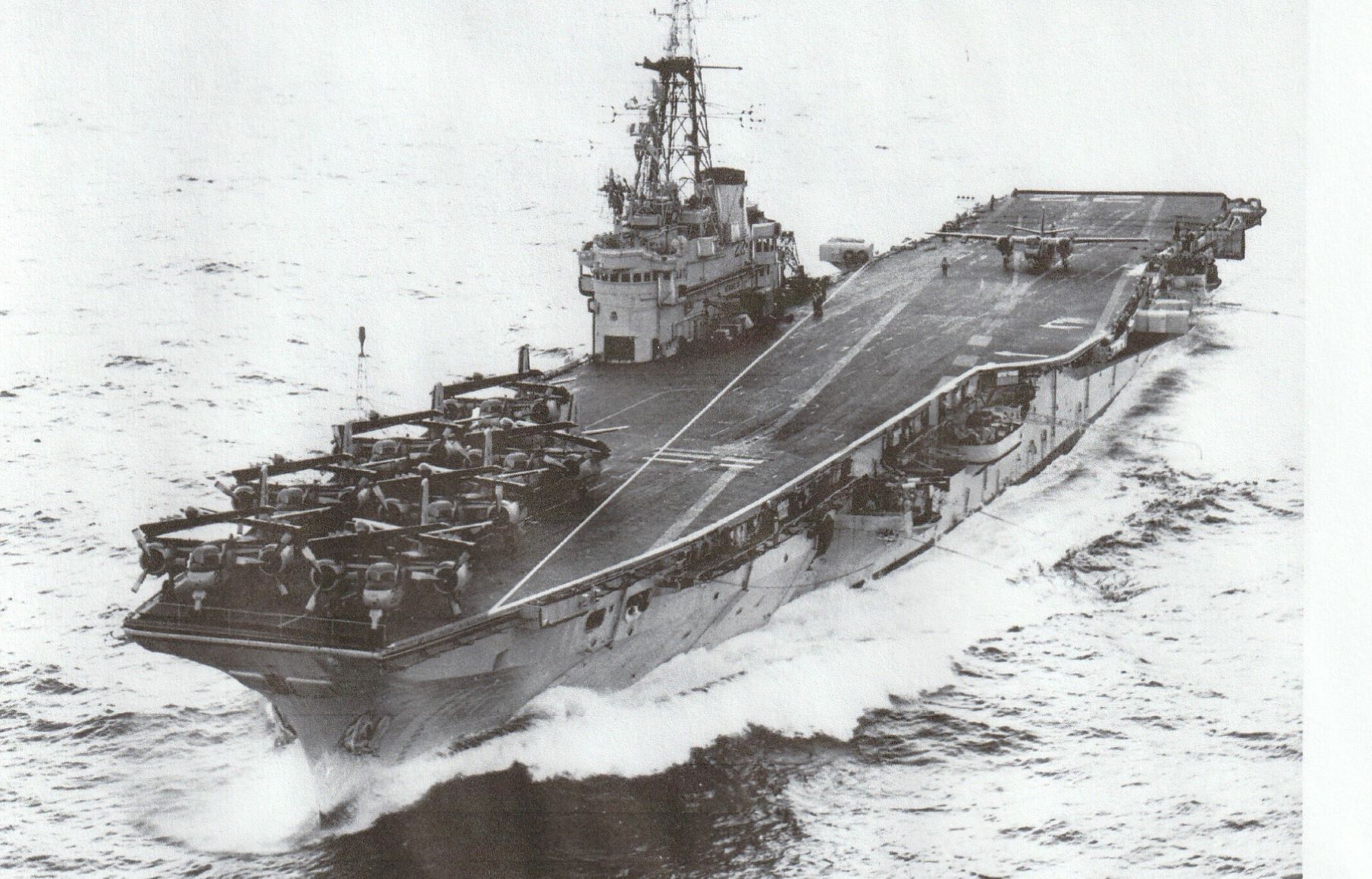Not only was there an opportunity to go to sea, but to fly in aircraft and helicopters. As thrilled as I was to take a ride in a huge Sikorsky out over the Atlantic, I had not prepared for the fifteen to twenty aborted landings that would be involved for the pilot in training. The motion is intense and one poor young WREN spent the entire trip doubled up and clutching a sickness bag. I would sometimes take advantage of ‘flips’ home on Navy aircraft. We would head out from Shearuvater, Nova Scotia to Downsview, Ontario on a Friday and back on Sunday. These were not huge aircraft so someone would end up sitting on the steps. I loved sitting in the Radio Seat, boxed lunch in my lap, and listening for the different towers checking in as we flew. During my time at Ops Trainer, we were alerted that extra security was required due to visitors during our down times. Another Wren and I took on an early morning watch where we were confronted by a man in civilian clothing accompanied by a young Navy Lieutenant. The young Officer provided us with his i.d. and introduced the civilian who was unable to produce acceptable identification.The civilian was not very happy when we politely but firmly refused him entry. Some time later, my cohort and I were hauled before our Commanding Officer. “Didn’t we know that the man in civilian clothes was Paul Hellyer, the Minister of National Defense?” After a stern reproach, she said “Good work and get out of here.” Mr Hellyer was not the most popular man with the Navy at that time. lt wouldn’t be long before there was no more Royal Canadian Navy. We would soon become a part of blended forces under Unification. I was understandably startled when informed that I had been chosen by HMICS Bonaventure’s ships’ complement to represent them in The Miss Maritime Command Pageant. (This was the only pageant that the Navy held (and thankfully so as I don’t feel it really had or has any place in the Armed Forces.) We did not have to tie knots or climb any masts but we did have to provide a talent. I put together a trio of Old English Music Hall songs and was accompanied by a quickly composed Skiffle group from the ship’s complement. A quite different contest would follow shortly after. I had undergone fire-fighting training and education at the Nuclear, Biological, Chemical Defense, Warfare School, along with experiencing tear gas without a mask and injecting myself with saline solution (a substitute for Atropine) as if I had been exposed to Nerve Gas!

Maritime Command now determined that they wanted someone to represent them while highlighting the importance of fire safety at sea in some of the Maritime towns. Now my weekends would be spent riding atop fire trucks across the province of Nova Scotia. Actually, it was a wonderful way to see the province, except for nearly meeting an untimely death in Lunenburg. I was perched atop a very regal looking throne on a fire-truck and a route had been planned by the drivers. There was a bit of a problem en route and we were forced to take a side-street. I was waving away to the odd person as I looked ahead and noticed hydro lines across the narrow street. As we got closer, I thought “Oh My God, I ‘m not going to clear them!” I was hollering to the drivers, not too successfully, and,-as I considered diving unceremoniously to the side-walk, was able to get the attention of an onlooker who managed to get the driver’s attention. We backed down the narrow street. I would consider later that if I was to meet my end in the navy, l’d rather it be heroically with my ship, at my post until the bitter end, not igniting on top of a fire engine before an audience. While continuing my work at Operations Trainer, I would become the face of the drive for The Red Feather Campaign which now, it seems to me, has been replaced by United Way. The best, however, was yet to be.



